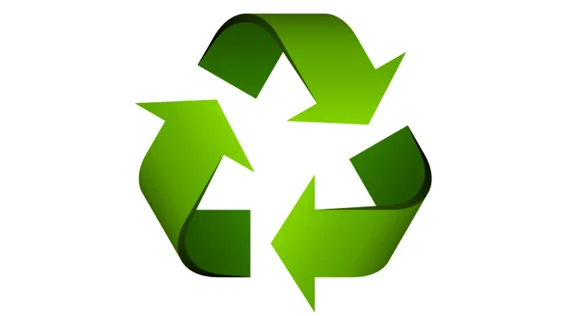
SEATTLE (Waste Advantage): Aside from the way water tastes, perhaps the biggest thing Seattleites notice when traveling is how different recycling practices are. And yet, only 20 years ago the region was just implementing its own curbside program.
These days, hyper-recycling – along with composting, and general waste sorting – is a hallmark of Seattle life. But as our practices were just becoming commonplace, another industry was springing up that would change how those pickups would eventually function: online retail.
For however environmentally-minded Seattleites have the rep for being, e-commerce’s affect on our garbage and recycling cans is undeniable. It’s an issue many cities are grappling with, as more and more city dwellers turn to internet delivery in order to get goods right to their front door. And frequently these goods are getting delivered in packaging that seems to dwarf the actual order.
Even still, the cardboard consumption in the U.S. hasn’t gone up. In fact, though e-commerce makes about $300 billion, the amount of cardboard shipped by U.S. companies has decreased slightly since 1995, according to the Fibre Box Association, whose member businesses account for 95 percent of industrial shipments made of cardboard.
Dr. Miguel Jaller, an assistant professor at University of California Davis, says this seeming contradiction can be explained by changing the scope a little.
“When you look into macro production of cardboard, as an industry, it doesn’t reflect that exponential increase in e-commerce,” Jaller, who also works at the Institute of Transportation Studies, said. “At the city level, there has been an increase in cardboard from residential locations.”
Amazon’s effect here is something Jaller believes we can’t deny: Though many “traditional” retailers are turning to online retail as a way to bolster or supplant their usual foot traffic, Seattle’s market share is enormous and covers such an online swath of purchases that a person is more likely to be ordering from Amazon than anywhere else, according to Jaller.
It’s a trend that many other people are picking up on, turning away from cardboard – a substance many believe to have reached a tableau in terms of recycling – to different materials. For some that’s things like bamboo and other recyclables, for others it’s just cutting down cardboard usage in favor of shrink-wraps or other plastics.
Either way, the goal is to avoid the “Russian doll” packaging that has irked so many users in the past.
Especially as experts worry more and more about the amount of cardboard being recycled. In an economy increasingly built on the immediacy of home delivery, packaged in a substance that can only be recycled five to seven times before becoming too short to be “cardboard,” scientists are starting to turn more and more towards sustainable solutions.
The issue is particularly important to Seattle, where many of our plastic recycling items can no longer be shipped to our largest market, China.
The country’s increased quality standards are no longer something our region clears, which is going to mean changes: Some transfer stations won’t be able to take certain plastic items like red party cups, and the cleanliness of recycling might be more strict.
Courtesy: https://wasteadvantage.com
| Copper Scrap View All | |
| Alternator | 0.32 (0.01) |
| #1 Copper Bare Bright | 3.77 (0.07) |
| Aluminum Scrap View All | |
| 356 Aluminum Wheels (Clean) | 0.73 (0.02) |
| 6061 Extrusions | 0.64 (0.02) |
| Steel Scrap View All | |
| #1 Bundle | 475.00 (0) |
| #1 Busheling | 495.00 (0) |
| Electronics Scrap View All | |